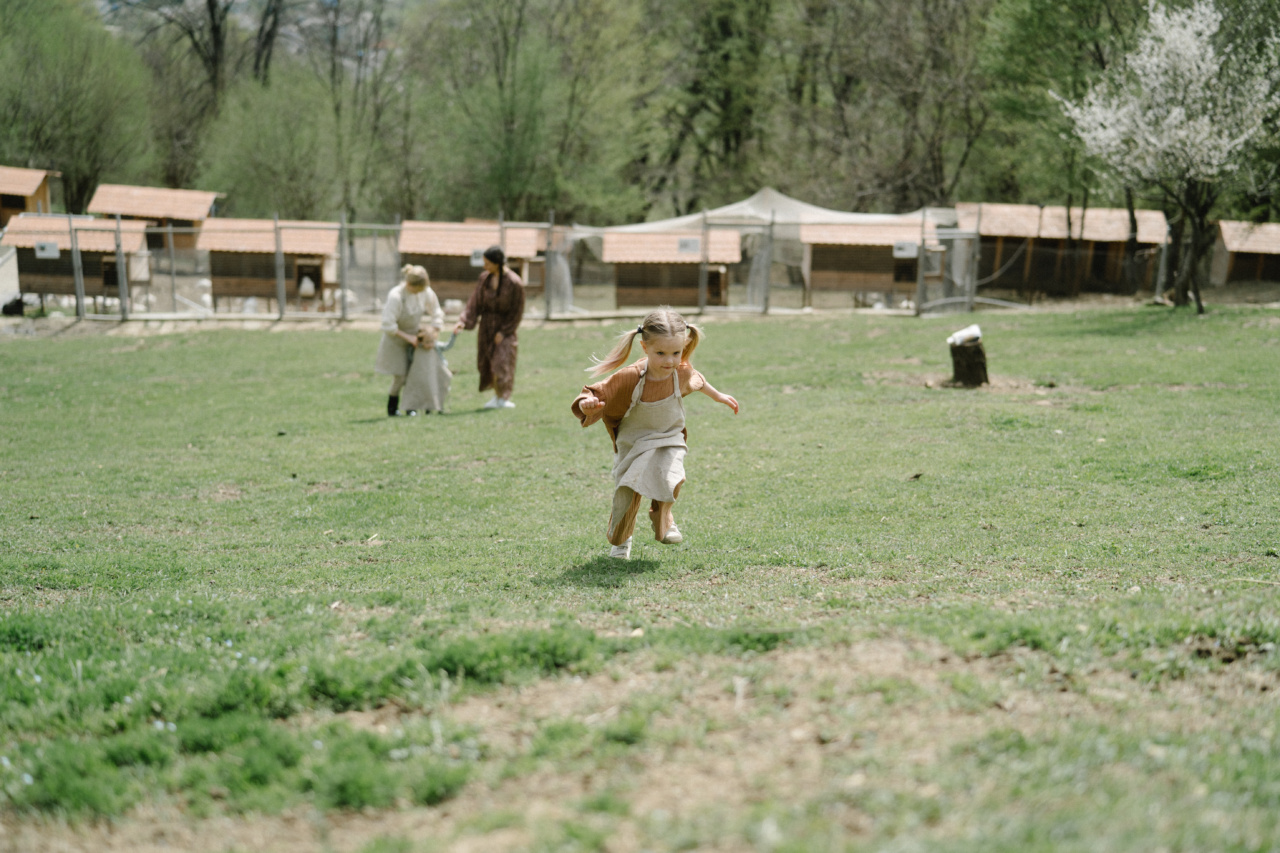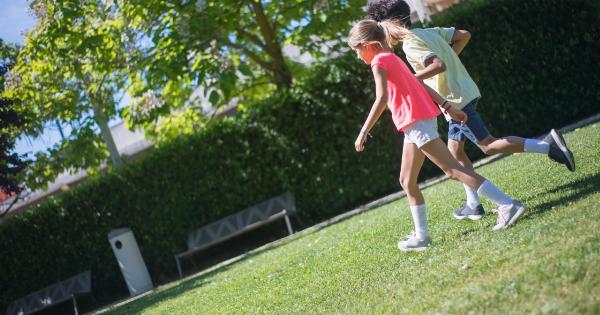Outdoor play has always been considered as one of the essential activities for childhood development. However, it is becoming increasingly important in recent times due to the rise of myopia cases in children.
Myopia, commonly known as nearsightedness, is a refractive error that occurs when the eye is unable to focus light properly onto the retina, making distant objects appear blurry.
The prevalence of myopia has been increasing at an alarming rate in recent years, especially in children.
According to the World Health Organization, myopia affects around 1.4 billion people worldwide, and the global prevalence is projected to increase from 28% in 2010 to 50% in 2050. One of the primary causes of myopia is the lack of outdoor activity among children. In this article, we will explore how outdoor playtime can help prevent childhood myopia.
How Outdoor Playtime Helps Prevent Myopia
Several studies have shown that spending time outdoors can protect children from developing myopia. Here are some of the ways outdoor playtime helps prevent childhood myopia:.
1. Exposure to Natural Light
Natural light is essential for maintaining healthy vision. Studies suggest that exposing children to natural light can help reduce the risk of myopia.
Spending time outdoors exposes children to high-intensity light, which provides the necessary stimulation for the eyes to grow and develop correctly. One study showed that children who spend around 14 hours or more per week outdoors have a 23% lower risk of developing myopia compared to those who spend less than 5 hours outdoors.
2. Encourages Eye-Focusing
The constant use of near-vision activities, such as reading, writing, or screen time, can lead to eye fatigue and refraction problems.
Outdoor play requires children to use their eyes for a variety of tasks, like tracking moving objects, judging distances, and focusing on multiple stimuli. This provides an opportunity for the eyes to relax and develop important focusing skills that are useful in preventing myopia.
3. Increases Dopamine Releases
Dopamine is a neurotransmitter that is essential for eye growth and development. Studies suggest that outdoor activities that involve bright light can increase dopamine release in the retina, which helps prevent myopia.
One study found that children exposed to natural light had higher levels of dopamine release in their retinas than those who spent most of their time indoors.
4. Reduces Screen Time
Excessive screen time has been linked to various vision problems, including myopia. Screens emit a blue light that can cause eye strain and fatigue, leading to refraction problems.
Outdoor playtime provides a break from screen time and encourages children to engage in physical activities that promote healthy eye development.
5. Increases Physical Activity
Outdoor activities encourage children to engage in physical activities that promote healthy growth and development. Physical activity helps to regulate blood flow, which is essential for maintaining healthy vision.
Studies suggest that children who engage in regular physical activity have a lower risk of developing myopia than those who lead a sedentary lifestyle.
Conclusion
Outdoor playtime is an essential preventative measure for childhood myopia. Spending time outdoors provides numerous benefits that promote healthy eye growth and development.
Natural light exposure, eye-focusing, dopamine release, reduced screen time, and increased physical activity are some of the ways outdoor play can help prevent myopia. Parents should encourage their children to spend more time outdoors and engage in physical activities that promote healthy growth and development.































